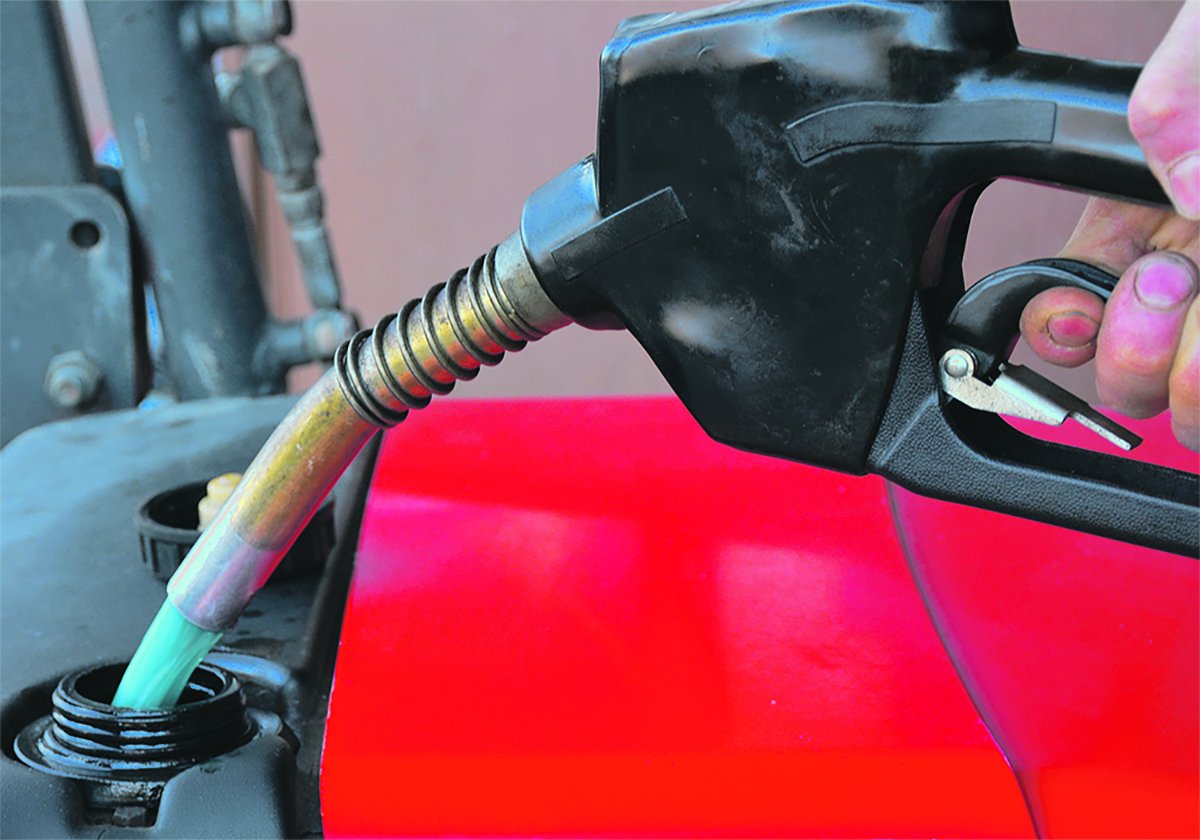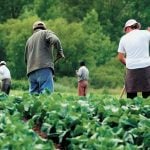REGINA — Saskatchewan municipalities are concerned about the security of their drinking water, a survey conducted by Saskatchewan Water Corp. has found.
Fifty-eight percent of both rural and urban municipalities that responded to the survey identified supply as a major issue.
“The vast majority of municipalities, 89 percent, felt that everyone should have access to an assured supply of good quality water,” said Sask Water minister Andy Renaud. “Seventy percent of respondents supported the idea of Sask Water and municipalities working together to improve the availability of a good supply of water.”
Read Also

Alberta may eliminate marked fuel
Alberta may soon stop selling dyed gasoline and diesel.
The survey was sent to all 848 rural and urban municipalities in the province; 70 percent, or 595, responded.
More than half are concerned about the deterioration of water and sewer infrastructures and of streams and water bodies. Seventy-three percent cited a lack of funds to develop, replace or upgrade water works as a problem in their municipalities, while 61 percent said the same for sewage works.
Other findings:
- 46 percent would like to have either reliability or quality of water supply improve but only 26 percent would pay more.
- Half of rural municipalities think they are paying low or reasonable water rates compared with 87 percent of urban.
- 57 percent believe the value of water should be related to the cost required to protect, develop and manage water resources.
- 56 percent supported receiving financial credits in return for waste disposal practice that minimize impact on streams and other water bodies.
The findings will be discussed at a November conference hosted by Sask Water and including representatives from the Saskatchewan Association of Rural Municipalities, the Saskatchewan Urban Municipalities Association and officials from Manitoba, Alberta and North Dakota.















